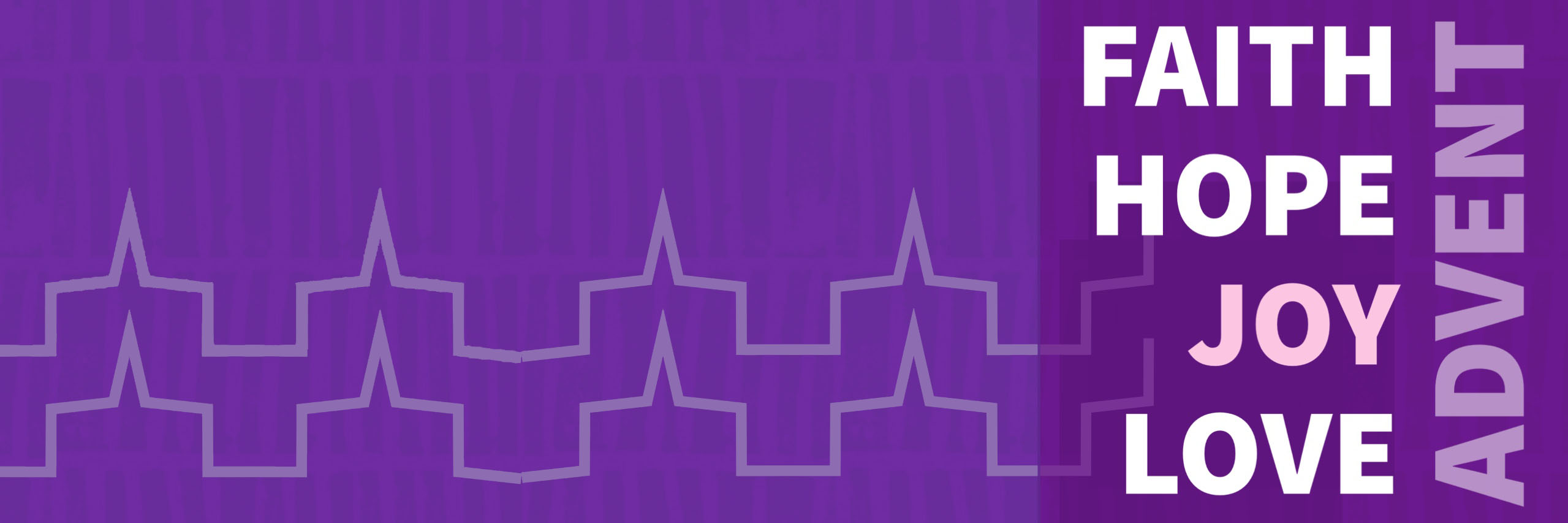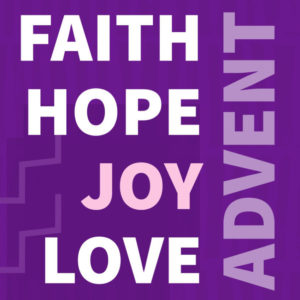
When Luke situates the origins of John the son of Zechariah’s ministry, he makes sure we know who was in charge: the tetrarchs, Herod, Philip, and Lysanias; the governor, Pontius Pilate; the high priests, Annas and Caiaphas. At the end of the list he mentions John, wilderness man. It is John who receives the word of God. God entrusts the word to the desert dweller—not the palace princes or the temple trustees.

Luke 3:1-6
In the fifteenth year of the reign of Tiberius Caesar, when Pontius Pilate was governor of Judea, and Herod was tetrarch of Galilee, and his brother Philip tetrarch of the region of Ituraea and Trachonitis, and Lysanias was tetrarch of Abilene, during the high priesthood of Annas and Caiaphas, the word of God came to John the son of Zechariah in the desert.
John went throughout the whole region of the Jordan, proclaiming a baptism of repentance for the forgiveness of sins, as it is written in the book of the words of the prophet Isaiah:
A voice of one crying out in the desert: “Prepare the way of the Lord, make straight his paths. Every valley shall be filled and every mountain and hill shall be made low. The winding roads shall be made straight, and the rough ways made smooth, and all flesh shall see the salvation of God.”
![]()
John uses water to immerse people in the word, a word that inspires action. It’s a call to repent of one’s sin, to receive God’s forgiveness, and to forgive the sin of others. It’s a call to let go . . . let go of memories of being hurt, being criticized, being unfairly treated. At the Jordan, John’s immersive action raised the question: If God has let go of my sin, who am I to hold on to others’?
During Advent, the message sounds again: God loves us and comes to us. There’s nothing we have done, no matter how embarrassing or humiliating, that can stand in the way. God doesn’t get caught up in the judgment we inflict on ourselves. There are no valleys or hills—God just keeps coming straight to us.
God moves straight into our hearts and then flips the script. We’re saved from doing the things that take the life out of people and saved for doing the things that instill life. Each of the four weeks of Advent present a practice to welcome God into our hearts and be changed. This week’s practice is to repent-and-receive-and-forgive. There won’t be a day this week where we can’t be about this hard spiritual work.
The wilderness, the very opposite of the power center, was the preferred genesis point for the proclamation that God comes to save. In that place of deafening silence and deep listening, the word was heard by John, who then set out on foot up and down the river region to share the word. He was a man on a mission, full of energy for the hard physical and spiritual work of living the word.
And maybe that’s where we can find the energy we need for this week’s spiritual work: in the space we create for silence and deep listening. In our room maybe, in nature, in the chapel? Wherever it is, there can be no question that if we make the space and listen deeply, the word will come to us, just as it came to John. The question is, will I let it send me? Will I make of my life a mission?
Brother Timothy Coldwell, FSC

Download a PDF of this reflection.

